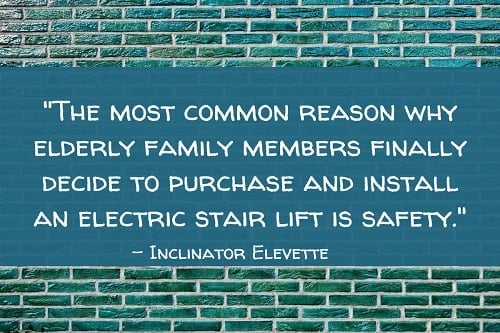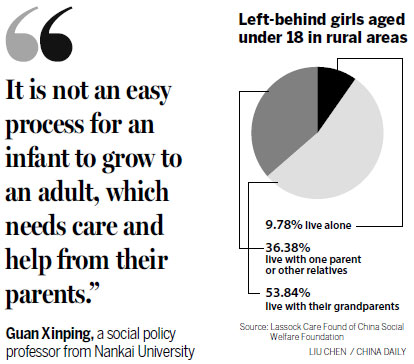### Understanding What Are Points on a Home Loan: A Comprehensive Guide
Guide or Summary:What Are Points on a Home Loan?Types of PointsBenefits of Paying PointsConsiderations Before Paying PointsWhen navigating the complexities……
Guide or Summary:
- What Are Points on a Home Loan?
- Types of Points
- Benefits of Paying Points
- Considerations Before Paying Points
When navigating the complexities of home loans, one term that often arises is "points." But **what are points on a home loan**? Understanding this concept is crucial for potential homeowners as it can significantly impact the overall cost of borrowing. In this article, we will delve into the definition of points, how they work, and their implications on your mortgage.
What Are Points on a Home Loan?
Points, also known as mortgage points or discount points, are fees paid directly to the lender at closing in exchange for a reduced interest rate on your mortgage. Essentially, one point is equal to 1% of the total loan amount. For instance, if you are borrowing $200,000, one point would cost you $2,000. By paying points upfront, borrowers can lower their monthly mortgage payments, making homeownership more affordable over time.
Types of Points
There are primarily two types of points associated with home loans: discount points and origination points.

- **Discount Points**: These are the points that borrowers purchase to lower their interest rate. The more discount points you buy, the lower your interest rate becomes. This can be a strategic move if you plan to stay in your home for a long time, as the savings on interest payments can outweigh the upfront cost of the points.
- **Origination Points**: These points are charged by the lender for processing the loan. This fee is typically not negotiable and is considered part of the closing costs. Unlike discount points, origination points do not lower your interest rate.
Benefits of Paying Points
There are several advantages to paying points on a home loan. First and foremost, paying points can lead to significant savings on interest over the life of the loan. For example, if you pay for points to reduce your interest rate from 4% to 3.5%, you could save thousands of dollars in interest payments over a 30-year mortgage.

Additionally, paying points can be beneficial for those who plan to stay in their home for an extended period. The upfront cost of the points is often recouped through lower monthly payments, making it a wise investment for long-term homeowners.
Considerations Before Paying Points
While there are clear benefits to paying points, it's essential to consider your financial situation and how long you plan to stay in the home. If you anticipate moving within a few years, paying points may not be the best option, as you might not recoup the upfront costs through the savings on interest.
Furthermore, it's crucial to compare the cost of points against the potential savings on monthly payments. A mortgage calculator can be a helpful tool in determining whether paying points makes financial sense for you.

In summary, understanding **what are points on a home loan** is vital for making informed decisions about your mortgage. Points can offer a way to lower your interest rate and monthly payments, but they come at a cost. By carefully considering your financial goals and how long you plan to stay in your home, you can determine whether paying points is the right choice for you. Always consult with a financial advisor or mortgage professional to explore your options and find the best solution for your unique situation.